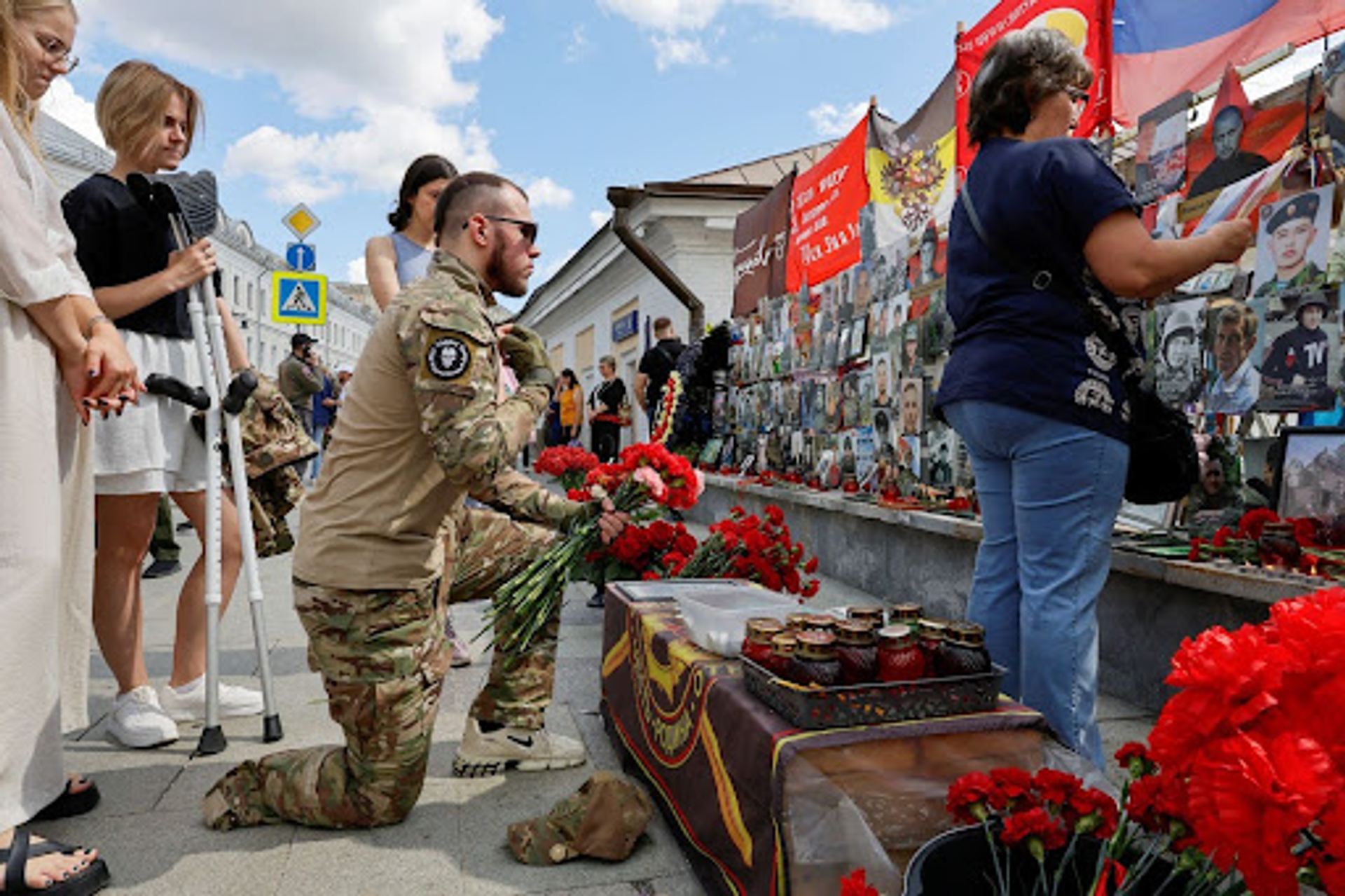The News
The military juntas of Mali and Niger have each cut diplomatic relations with Ukraine, after they determined that Kyiv was involved in an operation supporting Tuareg rebels in the north of Mali. The insurgency last month led to the killing of 47 Malian soldiers, and 84 Russian military contractors.
The attack and subsequent diplomatic fallout has raised the first serious concerns that the Russia-Ukraine war, now halfway through its third year, could play out on African soil.
On Sunday, Mali’s military leaders denounced Kyiv’s “support for international terrorism” and its “blatant aggression.”
Ukraine’s foreign ministry said it regretted a “short-sighted and hasty” decision taken “without conducting a thorough study of the facts and circumstances of the incident in the north of Mali.”

But on Ukrainian television, Andriy Yusov, spokesman of the Defense Intelligence of Ukraine (DIU), stated that the rebels had received “the necessary information” leading to “a successful operation against Russian war criminals.”
While most African governments have resisted Bamako’s call to denounce the “neo-nazi and heinous” Ukrainian authorities, the government of Niger, also led by a military junta, announced late on Tuesday that it is also severing its diplomatic ties with Kyiv. Niamey criticized “the silence of other African countries and the African Union” in the face of “malicious attempts to turn the Sahel into a theater of ideological and strategic confrontation”
The West African bloc Ecowas, which Mali, Niger, and Burkina Faso quit earlier this year to form a separate regional bloc, also expressed its “strong disapproval and condemnation of any foreign interference in the region.”
In this article:
Know More
This series of events set off alarm bells beyond Mali and Niger. A video of Andriy Yusov’s interview was shared on social media by Iouri Pyvovarov, the Ukrainian ambassador to Senegal, prompting the ire of the Malian government and a rebuke from the Senegalese foreign affairs minister. Pyvovarov was summoned by the foreign ministry to “remind him of the obligations of discretion, restraint and non-interference,” it said in a statement.
“Bamako has always denied” using the Wagner Group, a Russian paramilitary organization that operates widely in Africa, said Bokar Sangaré, a political sciences researcher currently in Bamako.. “The authorities only refer to simple military instructors, no different from their Western counterparts.” Sangaré said he doubted the Ukrainian action was an isolated case: Recently, Wagner forces faced unexpected setbacks in Sudan as well as Syria, due to the unacknowledged help of the DIU.
Joël’s view
There are reasons to believe that the public acknowledgement of Ukrainian help to the Tuareg separatists was a blunder. Firstly, it occurred shortly before Ukrainian Foreign Minister Dmytro Kuleba set off for an African diplomatic tour — his fourth in two years — to Malawi, Zambia and Mauritius from Aug. 4 to 8. Since March 2022, when African nations made up half of the abstentions on the UN resolution condemning the “aggression against Ukraine,” Kyiv’s has pursued a sustained charm offensive in Africa and opened several embassies. It has even suggested President Volodymr Zelenskyy would be making his first Africa visit this year.
Secondly, Pyvovarov has promptly deleted his social media posts on Mali. Third, Ukraine didn’t reciprocate the severance of ties, choosing instead to highlight its “significant contribution” to peacekeeping operations in Mali.
Sangaré argued that the battle between Ukraine and Russia in Africa is mostly about influence, perception, and communication “and not yet in the outsourcing of the Ukrainian conflict to Africa.”
Yet, there are troubling signs of Kyiv’s determination to pursue its countermeasures against Wagner forces in Africa. In his now-deleted posts, Pyvoravov stated: “The work will continue. There will certainly be other results. Punishment for war crimes and terrorism is inevitable.”
Ukrainian intelligence services are thought to have sent tentative feelers towards separatists movements in Chad, where an increased Russian involvement is anticipated. Their presence in Libya is also known to security specialists.
